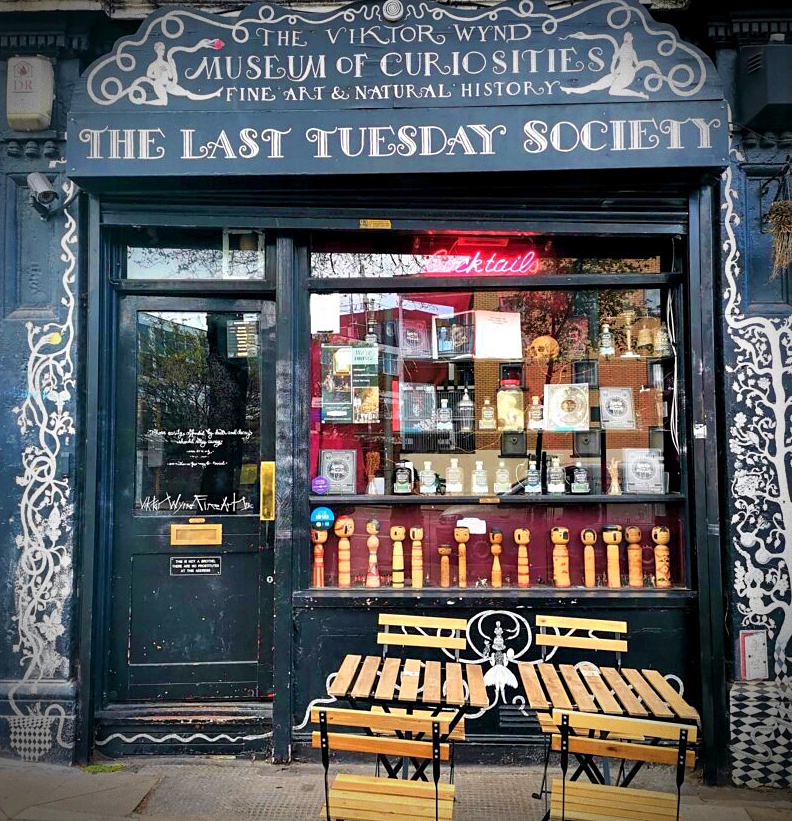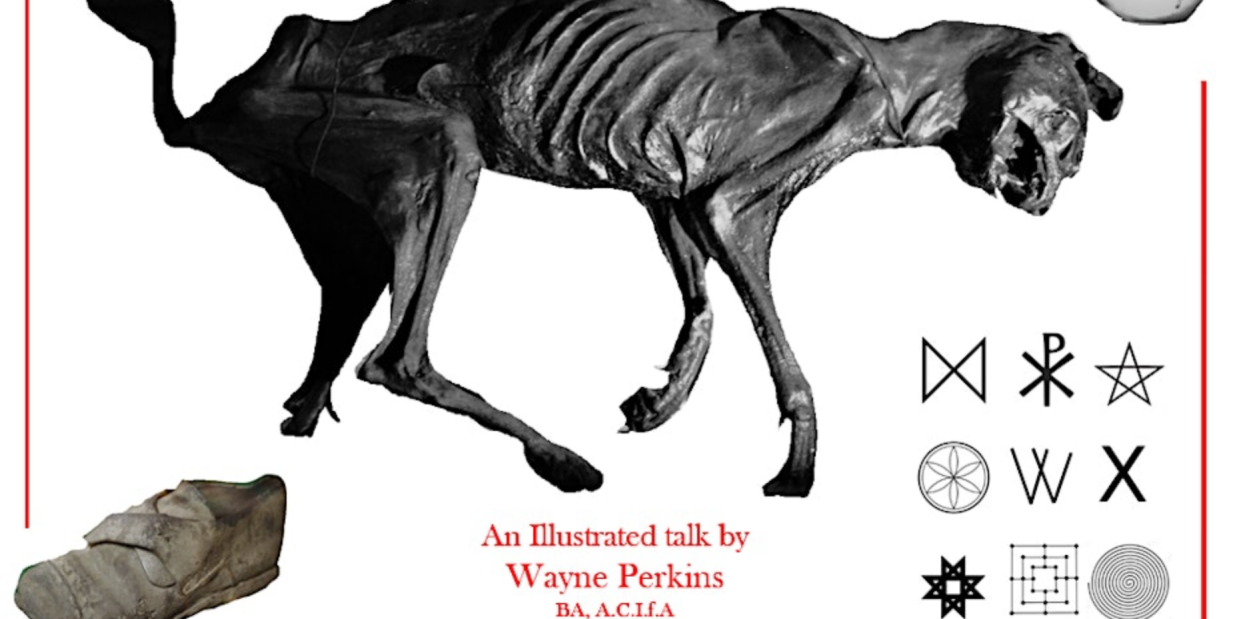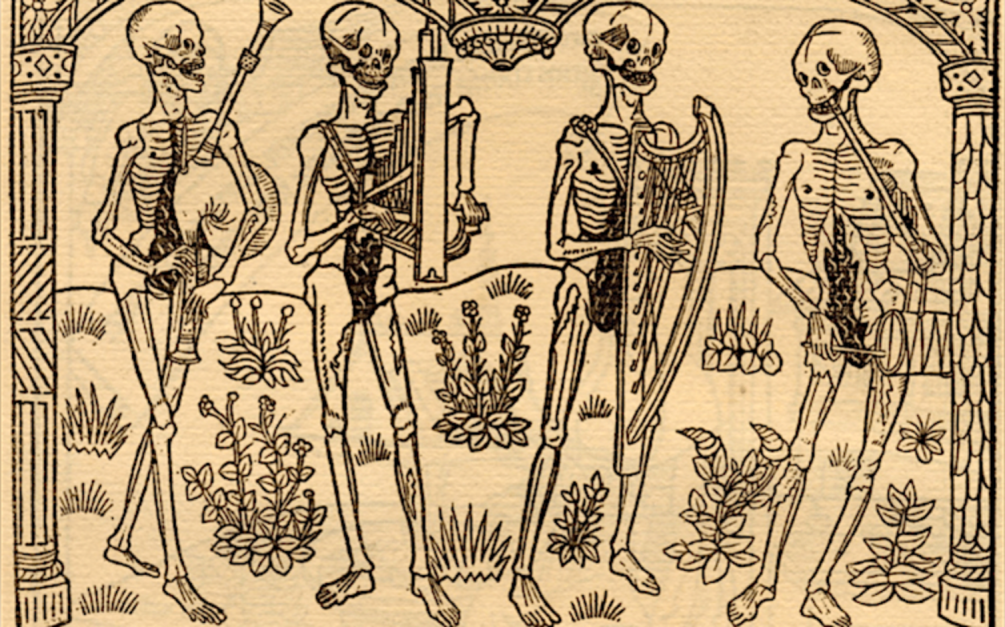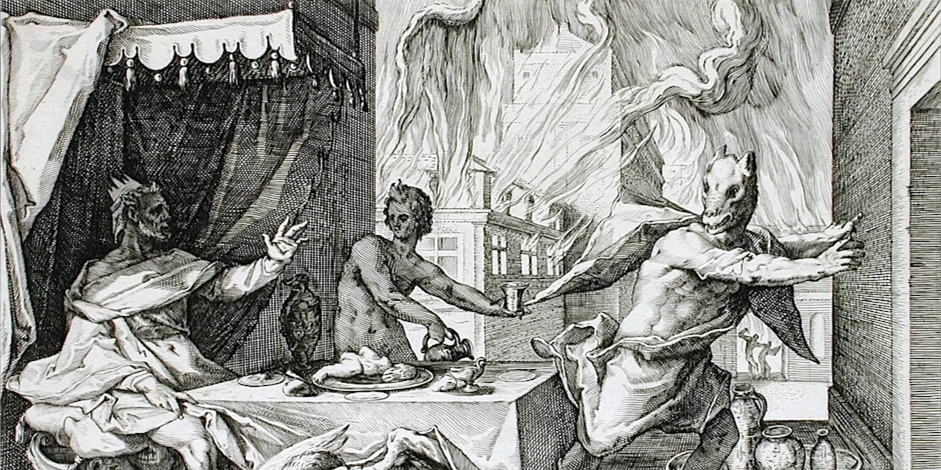
Online Eventbrite talks organised by Victor Wynd and the Last Tuesday Society... and occasionally by others.
GossamerWight Literary Magazine is delighted to endorse specially selected upcoming Zoom talks organised by Victor Wynd and the Last Tuesday Society. For their full event offering, go here: Eventbrite page.
Events organised by others will also appear on this page from time to time. The organiser's name will be shown to differentiate between their offering and that of the Last Tuesday Society.
Who are the Last Tuesday Society?
The Last Tuesday Society is a ‘pataphysical organisation founded by the American philosopher and psychologist William James at Harvard in the 1870s, now headquartered at The Viktor Wynd Museum of Curiosities, Fine Art & UnNatural History in London’s East End. For the last twenty years, the Last Tuesday Society has organised lectures, masterclasses, workshops, seances, balls, and even expeditions to Papua New Guinea and West Africa. Viktor Wynd (Robert Wyndam Bucknell) is a British artist, author, curator and museum director.
🌐 The Viktor Wynd Museum and The Last Tuesday Society Website.
Upcoming: September and October 2025
Witchcraft In Kent: The Archaeological Evidence.
Date and time: Tuesday 9 September 2025, 20:00-21:30 GMT. Online: Zoom.
A talk by Wayne Perkins.
History has shown us that the witch—as conceived of as the broom-riding hag stereotype—was essentially the delusional construct of the misogynist cleric Heinrich Kramer.
The publication of ‘Malleus Maleficarum’ (Hammer of the Witches) in 1486, a propagandist tract with fake approbations from his faculty in Cologne, spread his insidious ideas. Condemned on release, many reprints over the years continued to disseminate his ideas, contrary to intellectual thought elsewhere.
As Kramer’s assertions were fantasy, it would therefore be safe to assume that no one had ever been harmed by so-called ‘maleficium.’
And yet, Kent’s Assize Court Records are full of indictments of those accused of practising malignant witchcraft and the subsequent judgements which led to their execution. Following the Witchcraft Act of 1562, indictments for murder by witchcraft had begun to appear in the historical record.
This illustrated talk uses a combination of surveys, local case studies and the examination of the key witchcraft trials in the county to paint a picture of 17th century Kent. It was second only to Essex in having the highest number of witchcraft indictments in England.
Speaker Bio
Wayne Perkins is an archaeologist of 23 years with a special interest in apotropaic graffiti, folklore and concealed objects recovered from ancient buildings.
A Brief History of the Danse Macabre.
Date and time: Thursday 18 September 2025, 20:00-21:30 GMT. Online: Zoom.
A talk by Kat Irving.
Will you join the dance? A brief history of the Danse Macabre.
The Dance of Death was an artistic trope that began in the fifteenth century to show death as the great leveller: everyone will die, from the lowliest peasant to the king and the pope. Death is depicted as a skeleton, leading people from all walks of life to join his dance. This talk will look at the origins of this image, and the way it developed, and tied in with other memento mori images, as well as reflecting shifts in anatomical understanding.
Speaker Bio
Cat Irving has been the Human Remains Conservator for Surgeons’ Hall since 2015. She has been caring for anatomical and pathological museum collections for over twenty years. Once she had gained a degree in Anatomical Science, she began removing brains and sewing up bodies at the Edinburgh City Mortuary. Following training in the care of wet tissue collections at the Royal College of Surgeons of England, she worked with the preparations of William Hunter at the Hunterian Museum at Glasgow University, where she is now Consultant Human Remains Conservator. Cat is a licensed anatomist and gives regular talks on anatomy and medical history. She recently carried out conservation work on the skeleton of serial killer William Burke.
The Dark Side of Psychedelics.
Date and time: Wednesday 24 September 2025, 20:00-21:30 GMT. Online: Zoom.
A talk by Mattha Busby.
As a journalist reporting on the psychedelic world at the same time as having his own experiences, both for research and as part of a personal quest for growth, Mattha Busby has seen it all. Ceremonies bathed in love and light. Rituals steeped in darkness. Through all of this, he has witnessed and experienced both the benefits of psychedelics and their serious potential for harm. To tell this story, Mattha embarks on a rip-roaring journey through a brave—and profoundly weird—new world. A world in which psychedelics are more available than ever before in human history. Retreat organisers are paying for targeted ads on Instagram and giving celebrities free trips in exchange for positive testimonials. Illegal psychedelic dispensaries have popped up on high streets, and vendors are selling psychedelic toad venom on tropical beaches and in hotels, often without adequate safety measures.
For many, these psychedelic experiences have provided welcome relief from a near-constant sense of anxiety. Others have been left dazed and confused, or worse, and with few avenues for support. In rare cases, people have even died at psychedelic retreat centers, and at clinics, though we rarely hear about this until someone investigates.
Mattha Busby is a journalist specialising in health policy, drugs/psychedelics and (sub)culture. His work has appeared in The Guardian, VICE, Rolling Stone, WIRED, and elsewhere. In 2024, he was a Ferris-UC Berkeley fellow in psychedelic journalism. He has published two slim book volumes, one on drug policy for Thames & Hudson in 2022 and one on psychedelics for Hoxton Mini Press in 2025.
Curated and hosted by
Maya Bracknell Watson is an interdisciplinary artist, performer, retired cult leader and psychedelic researcher.
Her background is in psychedelic parapsychology research with Greenwich University, specialising in exceptional human experience and entity encounters on psychedelics, and as an artist. She has studied shamanism for 10 years, working closely with Amerindian indigenous shamanic cultures of Mexico and Peru and western neoshamanic groups, focusing on the introduction and integration of indigenous and animistic knowledge and perspectives to westerners and western ontologies.
Ancient Greco-Roman Werewolves: Finding the Hum(an)imal.
Date and time: Wednesday 29 October 2025, 20:00-21:30 GMT. Online: Zoom.
(This event was originally advertised to take place on Monday 25 August 2025, 20:00 - 21:30 BST).
A talk by Tanika Koosmen.
Mythology of ancient Greek and Roman origin has a certain preoccupation with the physical body and how it changes. Interactions between gods and mortals, mortals and monsters, the preternatural world and the limits of civilisation are marked by metamorphic myths. Transformation tales, like that of the monster we now know as the werewolf, highlight the very distinct lack of space between humanity and the wilderness that live outside our cities.
In returning to the ancient materials on man-to-wolf transformation, this talk will discuss the advent of the post human – and prove that it has existed for much longer than it has been recognised.
Speaker Bio
Tanika Koosmen is a casual academic in Classics and Ancient History at the University of Newcastle, Australia. Her doctoral research considered the introduction of the werewolf in antiquity, posthumanism in critical and philosophical thought, and the reception of the transformative myth in modern literature, television, and film media. Her research interests include metamorphic mythology in the ancient Greco-Roman canon, literary folklore and fairy tale traditions, and the application of posthuman thought in contemporary media.
[Header Image credit].



